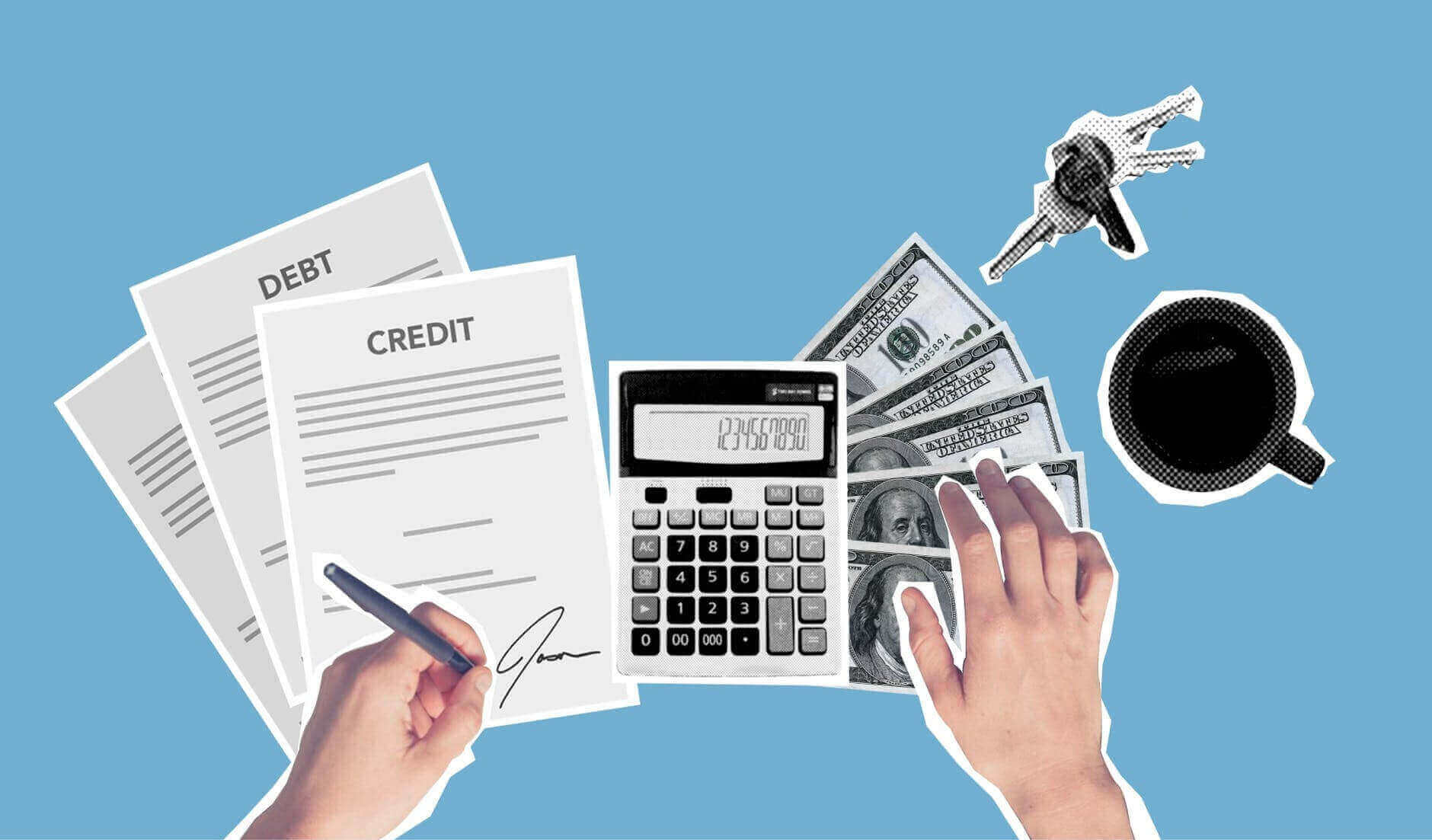Struggling to repay your debt is incredibly stressful, so it’s a good idea to be in the know about what will happen if you find yourself in that position. The main implications can include calls and emails from your lender, late fees, added interest, damage to your credit score, and difficulty securing a loan in the future. So, if you’re asking What happens if I can’t repay my loan, we’ll fill you in here.
Key Points:
- Failing to repay your debt can lead to late fees, your credit score suffering, threatened legal action and calls from your lender. If you have put up collateral to get your loan contract, you could lose that collateral of property or assets.
- Damage to your credit score can compromise your future ability to secure a loan, a mortgage, or even a phone contract.
- Only 14% of borrowers can afford to pay their loan back as agreed.
- If you are struggling to repay your loan, speak to your lender about an arrangement to pay, which is essentially a restructuring of your repayment plan.
- You could alternatively seek another loan, or approach a loved one or your employer for support.
- You should only take out a loan if you have a solid means of repayment.
What Should I Do If I Can’t Repay My Loan?
If you realize that you won’t be able to cover your next repayment, the first move is to speak to your lender. After all, it’s their money at stake. Your lender will likely try to create an arrangement that makes repayment easier, but possible. They may offer you longer to pay back your loan in smaller chunks.
If you don’t want to approach your lender, or they are unbending regarding the contract, you could approach a loved one and ask for some cash to help you meet the repayment. Of course, this comes with its own risks, given that 35% of Americans who have lent money to a loved one have noticed damage to their relationship as a result (Bankrate).
You could also speak to your employer for an advance on your paycheck. Many employers, large ones, in particular, may offer schemes like these.
Also, read Can I Go to Prison If I Do Not Repay My Payday Loan?
Why Would My Lender Help Me?
Remember, lenders are there to help you. This remains the case even once you’ve taken out the loan. That doesn’t mean that all lenders will be willing to readjust your contract, but many will. The first thing to do is to speak to them. If you ignore the issue but fail to repay your loan, they could send debt collection, directly assess your funds if you’ve granted them access in the contract, or apply wage garnishment. These consequences could all be avoided by simply communicating your situation with them.
Remember if you’re not able to work with your bank toward a solution and you’ve put your home as collateral you could lose it.
What Happens If I Can’t Repay My Loan? Could I Go To Court?
You could get sued but lenders usually take other steps to recover the loan before they’d take you to court. That’s not to say that you could end up in court over an unpaid loan. This is a last resort and is rare, but it is still possible. If you are summoned to court, you must show up. Failing to turn up could mean that the lender automatically wins the case, simply because you are not there. It is always in your best interest to show up to a court date.
Could I Go To Prison For Not Repaying My Loan?
In most cases, there is no need to worry about going to prison for failing to repay a loan. While you may face court, the outcome will likely be of financial detriment, rather than having to face prison time. To avoid this altogether, be open about your situation with your lender. Keep in mind that they want the dispute sorted, and would probably avoid the cost of getting legal counsel involved if they can.


